Trump Administration Backs a 1Year-Term Renewal of Africa Trade Initiative, Leaving Families and Businesses in Uncertainty
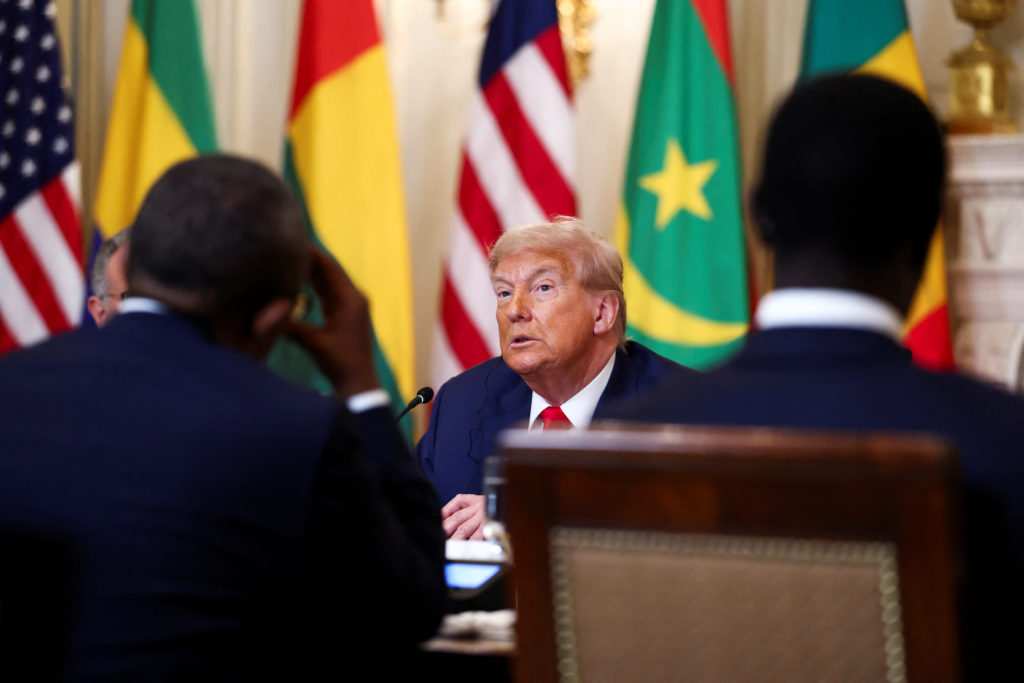
U.S. President Donald Trump hosts a lunch for African leaders of Gabon, Guinea-Bissau, Liberia, Mauritania, and Senegal in the State Dining Room at the White House in Washington, D.C., U.S., July 9, 2025. REUTERS/Kevin Lamarque
The Trump administration has signaled support for a one-year extension of the African Growth and Opportunity Act (AGOA), the landmark U.S. trade initiative with sub-Saharan Africa that is set to expire on Tuesday. The move, confirmed by a White House official, offers a lifeline, although a short one, to African businesses and families who rely on duty-free access to US markets for their livelihoods.
![]()

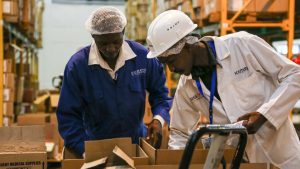
First enacted in 2000 with broad bipartisan support, AGOA was designed to strengthen economic ties by allowing thousands of African products to enter the United States tariff-free. Over the years, it has been credited with creating hundreds of thousands of jobs across more than 30 African countries, supporting farmers, artisans, and factory workers whose incomes often sustain extended families and local communities.
Yet the Trump administration, in office since January, had until now remained silent on the future of AGOA. Its sudden support for only a temporary extension reflects the complex intersection of business, politics and global strategy. While many lawmakers in Washington agree the program bolsters US supply chains and counters China’s growing influence in Africa, the legislative path to renewal remains fraught. With Congress locked in tense negotiations over a stopgap funding bill to keep the US government open, AGOA’s fate may hinge on being tucked into that larger package. If not, it risks lapsing, even though lawmakers could still reinstate it retroactively.

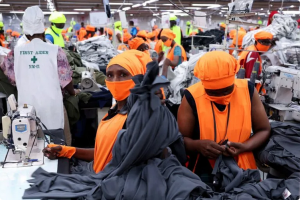
The uncertainty for African entrepreneurs and investors, is already taken an unclear toll. In recent weeks, delegations from across the continent have lobbied Washington for at least a one or two year’s extension, after hopes for a longer-term deal faded. MSME/SMEs are already planning around this new policy. Presently a farmer would decide whether to plant cotton or maize, or a factory that would want to hire new workers; they all need a clear predictability. Nonetheless, in the absence of no-deal, a one-year patch is better than nothing. But then again, it doesn’t solve the underlying insecurity. The insecurity that has been magnified by President Trump’s own trade agenda.
New tariffs introduced in August, ranging from 10% to 30% on a variety of imports, have blunted the benefits of AGOA by exposing some formerly duty-free African exports to new US taxes. Textile workers in Ethiopia, cashew processors in Côte d’Ivoire, cocoa farmers in Ghana, sesame seeds/cocoa farmers Nigeria, etc., are among those who have felt the sting of shifting US policy.
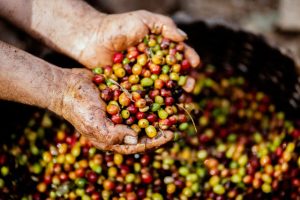
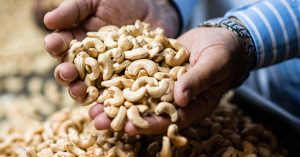
The stakes are not just economic. In many African households, the wages earned through AGOA-linked industries support education, healthcare and food security for entire families. Socially, the initiative has been touted as a way of reducing poverty and empowering women entrepreneurs, many of whom dominate small and medium-sized export businesses. Politically, it has long been viewed as a pillar of US-Africa relations, reinforcing partnerships that extend beyond trade into diplomacy and security.
As deadline breezes-on, the Trump administration’s endorsement of a one-year renewal offers a fragile sense of relief. Still, for the millions whose lives are tethered to this transatlantic trade bridge, the question remains whether Washington’s stopgap approach can truly sustain long-term stability.






